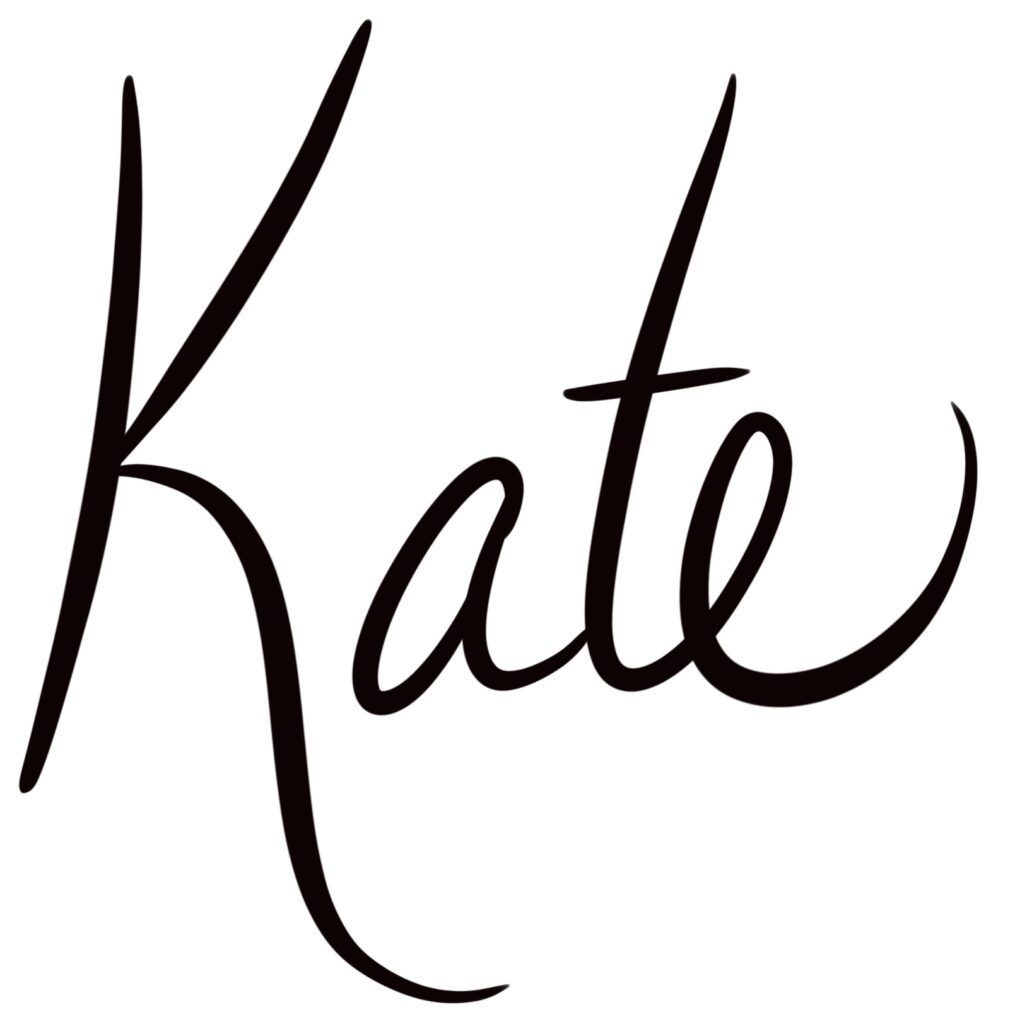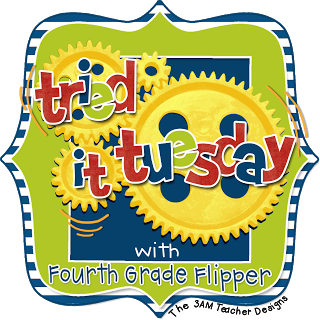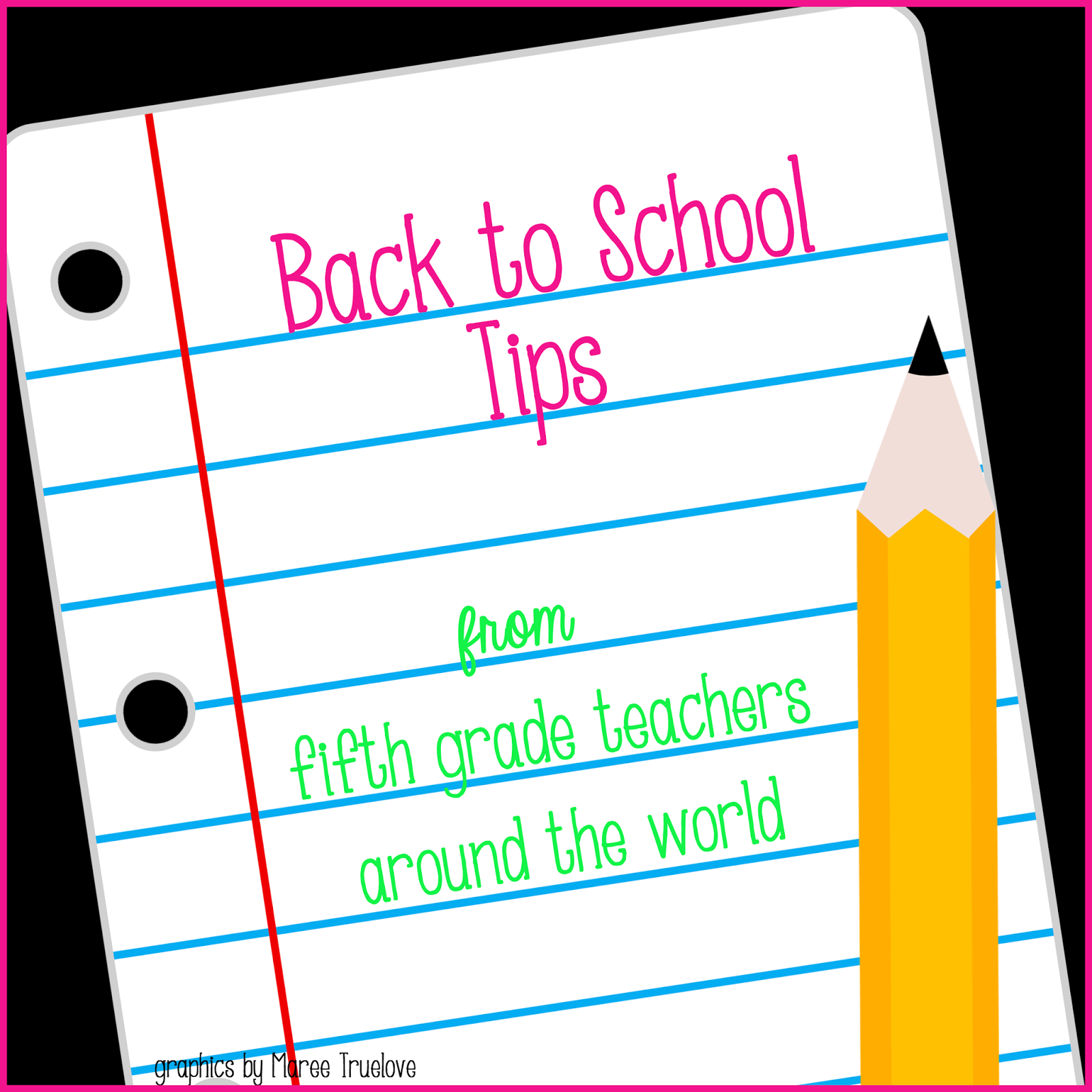Copy, trim, fold, paste…interact…REPEAT.
Ever wonder if all that prep and paper is worth it? The answer is YES. Research shows so many benefits to interactive notebooks. But let’s face it, planning a truly engaging lesson and having time for input, output AND all those cute foldables is just not practical all the time! My science notebooks have grown a lot over the past 10 years. Every year I learn a few new ways to help students use them to make real meaning as well as a few tricks to help save prep time and wasted paper. So, this month’s BRIGHT IDEA post is all about practical notebooking tips!
TIP # 1: Let it Go
Don’t worry if your student notebooks (or your own for that matter) are not Pinterest worthy. Real learning is a MESSY process, so be open to allowing your student output to reflect his.
Two tools I rely on for this “Let it Go” style of notebooking are sticky notes and a card-stock straight edge for each student.
Sticky Notes plus Glue = INB foldable! This saves time, copy expenses, and has students participate in chunking the information into manageable components. WARNING: Create an example in advance and make sure kids can actually see it, otherwise some goofball in the back of the room will be making origami figures with his post-its and totally missing the whole idea.
If students are always given the chart and only asked to add data or read data, we are missing a key part of the learning process. I try to have students organize information ON THEIR OWN on a regular basis and one way to “cut corners” is to have a pre-measured straight edge in each notebook. I cut folders into strips that are exactly 1/2 page wide for each student. After a little practice students become efficient little chart makers!
TIP # 2: Organization is a LEARNED skill!
I’ve come to grips with the fact that about 3% of my students are born with natural organizational skills. The rest of us need tools, instruction, modeling and some daily nagging to keep things orderly and clutter-free! INBs can be messy, so remember to model and teach organization as you use them. One thing that can be frustrating are “renegade” foldables that stick out of the sides of the journals.
Try using a stretchy hairband as a bookmark to hold the used pages together tightly. Kids might be more likely to tuck in the papers and ensure that things are orderly when they have to stretch the band around them. (The wider the band the better.)
Give students a place to store loose ends such as cards or foldables that just didn’t get completed in the allotted class time. This 2-pocket storage folder is glued into the front/back of a notebook.
Here is one way to make a storage folder using one sealed manilla envelope per student:
TIP # 3: Think Outside the COPY MACHINE
More copies do not mean more learning, but I still make A LOT of copies for my 135 students! They are a necessary part of the instructional process, but I must say that I sometimes cringe at all the scraps in the recycle bin after cutting my science foldables. Try being creative with the ways you utilize the pages in your notebooks. Do you REALLY need to copy that foldable or can KIDS create something similar using what they have? Here are some ways that you can CUT and PASTE right in student notebooks to create interactive foldables and tools:
At the end of the unit, group all the pages together and trim off the top edge of the pages. On the top of the last page of the unit, write the name and color it with a bright pencil or highlighter. I use a table of contents, but this makes referring back to previous units even easier!
I hope you enjoyed this bright idea and that it inspires you to use your INBs in NEW ways!
Please browse the link-up below for more bright ideas from other teacher-bloggers. There are ideas for all different grade levels and disciplines.
If you are interested in more ideas to help improve your classroom instruction please to follow me at TpT, Facebook or Bloglovin!
















